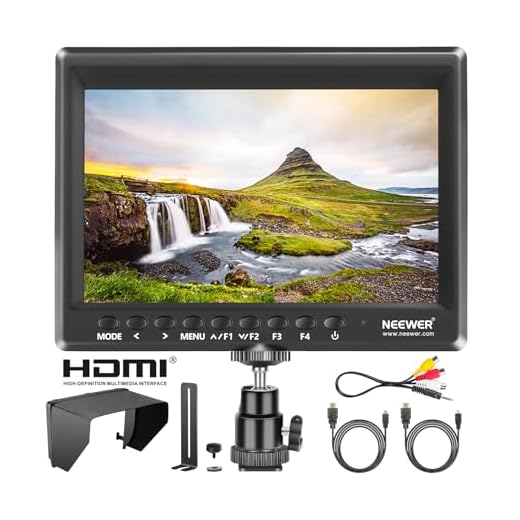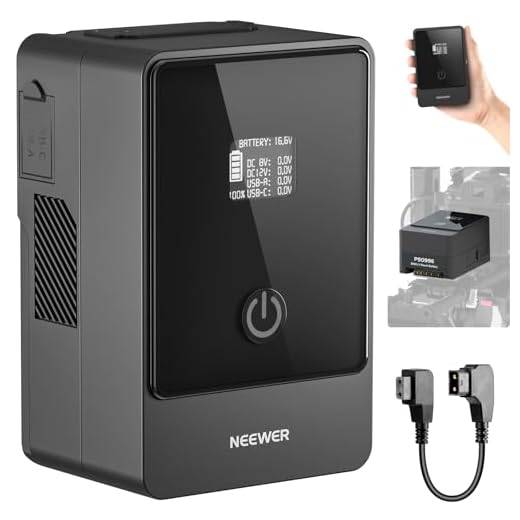




Have you ever wondered why DSLR cameras have a limit on how long they can record video? Despite their advanced technology and high-quality features, DSLR cameras are not designed to record indefinitely like a video camera. This limitation is due to several factors that affect the camera’s performance and functionality.
One of the main reasons DSLR cameras have a recording limit is because of their sensor overheating. DSLR cameras use a sensor to capture images and videos, and this sensor can generate a lot of heat during continuous use. If the camera were to record for an extended period without a break, the heat generated by the sensor could cause damage to the camera’s internal components.
Additionally, DSLR cameras are designed primarily for photography, not videography. While many DSLR cameras have the capability to record high-quality video, they are optimized for capturing still images. This means that the camera’s hardware and software are not necessarily optimized for long-duration video recording, leading to limitations in recording time.
The Limitations of DSLR Cameras
While DSLR cameras are powerful tools for capturing high-quality images and videos, they do have limitations when it comes to recording duration. One of the main reasons why DSLR cameras don’t record forever is due to their sensor overheating. The sensor in a DSLR camera generates a lot of heat when recording video for extended periods, which can cause the camera to overheat and shut down.
Additionally, DSLR cameras have limited storage capacity for video files. The size of video files can quickly fill up the memory card, especially when recording in high-resolution formats like 4K. This limitation can also contribute to the shorter recording durations of DSLR cameras.
Other factors that contribute to the limitations of DSLR cameras include:
- Battery Life: DSLR cameras rely on batteries for power, and these batteries have limited capacity. Recording video drains the battery quickly, which can limit the recording duration.
- File Size: High-resolution video files can be very large, requiring more storage space and processing power to handle. This can lead to shorter recording times on DSLR cameras.
Understanding the Recording Capacity
DSLR cameras do not record forever due to the limitations of their storage capacity. The storage medium, usually a memory card, has a finite amount of space to store photos and videos. Once the memory card is full, the camera will not be able to record any more images or footage until space is freed up by deleting or transferring files.
Factors affecting recording capacity:
- File format and quality: The file format and quality settings chosen for recording can significantly impact the amount of space each photo or video takes up on the memory card. Higher quality settings result in larger file sizes, reducing the overall recording capacity.
- Memory card capacity: The size of the memory card installed in the camera determines how many photos or videos can be stored before it reaches full capacity. Higher capacity memory cards allow for more recordings before needing to be emptied.
- Continuous recording limitations: Some DSLR cameras have a maximum recording time limit for video recording in a single session. Once this limit is reached, the camera will stop recording even if there is still available space on the memory card.
It is essential for photographers and videographers to be aware of the recording capacity of their DSLR cameras and manage their files efficiently to ensure uninterrupted recording sessions. Regularly transferring files to external storage or clearing space on the memory card can help prevent running out of storage space during crucial moments.
Factors Affecting Recording Time
Battery Life: DSLR cameras use batteries to power their operations, including recording video. The capacity of the battery and the power consumption of the camera can limit the recording time.
Storage Capacity: The amount of available storage space on the memory card can affect how long a DSLR camera can record. Higher resolution videos require more storage space, so a larger memory card can allow for longer recording times.
File Format and Compression: The file format and compression settings used for recording can impact the recording time. Formats like RAW or high-quality video codecs may require more processing power and storage, limiting recording time.
Heat Management: Continuous recording can lead to the camera overheating, which may trigger automatic shutdowns or reduce the overall recording time. Proper heat management is essential for extended recording sessions.
Camera Model: Different DSLR camera models have varying capabilities and limitations when it comes to recording time. Higher-end models may offer longer recording times due to their advanced features and components.
Memory Card Capacity and Speed
One of the main limitations of DSLR cameras when it comes to recording time is the capacity and speed of the memory card being used. Memory cards have a limited storage capacity, which means they can only hold a certain amount of data before they become full. This directly affects how long you can record video before needing to transfer the files to a computer or external storage device.
Additionally, the speed of the memory card plays a role in how quickly the camera can write data to the card. If you are recording high-quality video with a high bitrate, a slower memory card may not be able to keep up with the data transfer rate, leading to recording interruptions or dropped frames. Using a memory card with a fast write speed can help ensure smooth and uninterrupted video recording.
Battery Life and Power Consumption
DSLR cameras require a significant amount of power to operate, especially when capturing high-quality images or videos. The power consumption of these cameras is influenced by various factors, including the size of the image sensor, the processing power of the camera, and the use of additional features such as image stabilization or autofocus.
Battery life is a crucial consideration for DSLR users, as the camera’s performance is directly impacted by the power supply. Most DSLR cameras come with rechargeable lithium-ion batteries that can provide a certain number of shots or recording time per charge. The actual battery life can vary depending on the camera model, settings used, and environmental conditions.
While DSLR cameras do not record forever due to their limited battery life, photographers and videographers can extend their shooting time by carrying extra batteries or using external power sources such as battery grips or AC adapters.
Overheating Concerns in DSLR Cameras
DSLR cameras are powerful tools for capturing high-quality images and videos, but they are not immune to overheating issues. Here are some reasons why DSLR cameras may overheat:
Prolonged Use
When DSLR cameras are used for an extended period of time, especially in high-temperature environments, they can generate a significant amount of heat. This heat can build up inside the camera body and lead to overheating.
Intensive Tasks
Tasks that require a lot of processing power, such as shooting 4K videos or continuous high-speed shooting, can also cause DSLR cameras to overheat. The camera’s processor and sensor work hard to process the data, leading to increased heat production.
- Ensure proper ventilation by using a camera cooling system or external fan.
- Avoid shooting in direct sunlight for prolonged periods.
- Limit the use of power-hungry features like live view and image stabilization.
- Give the camera breaks to cool down between intensive shooting sessions.
By understanding the factors that contribute to overheating in DSLR cameras and taking preventive measures, photographers can ensure that their equipment performs optimally and lasts longer.
FAQ
Why do DSLR cameras have a recording limit?
DSLR cameras have a recording limit mainly due to technical constraints such as file size limitations, sensor overheating, and battery life. Recording large video files continuously can lead to overheating of the camera’s sensor and processing unit, affecting the camera’s performance and potentially causing damage. Additionally, longer recording times put a strain on the camera’s battery, which may not be able to sustain continuous recording for extended periods.
Is there a way to bypass the recording limit on DSLR cameras?
While some cameras may have a recording limit imposed by the manufacturer to prevent overheating and other issues, there are third-party firmware modifications available for certain DSLR models that can extend or remove the recording limit. However, it’s important to note that altering the camera’s firmware can void the warranty and may cause stability or compatibility issues with the camera.
Why don’t DSLR cameras have unlimited recording like some camcorders?
Unlike dedicated camcorders that are designed for continuous video recording, DSLR cameras are primarily built for photography with video recording capabilities as an additional feature. The design of DSLRs, with their larger sensors and mirror mechanisms, can lead to overheating and other technical limitations that prevent them from offering unlimited recording like camcorders. Additionally, battery life and file size limitations also play a role in restricting the recording duration on DSLR cameras.








